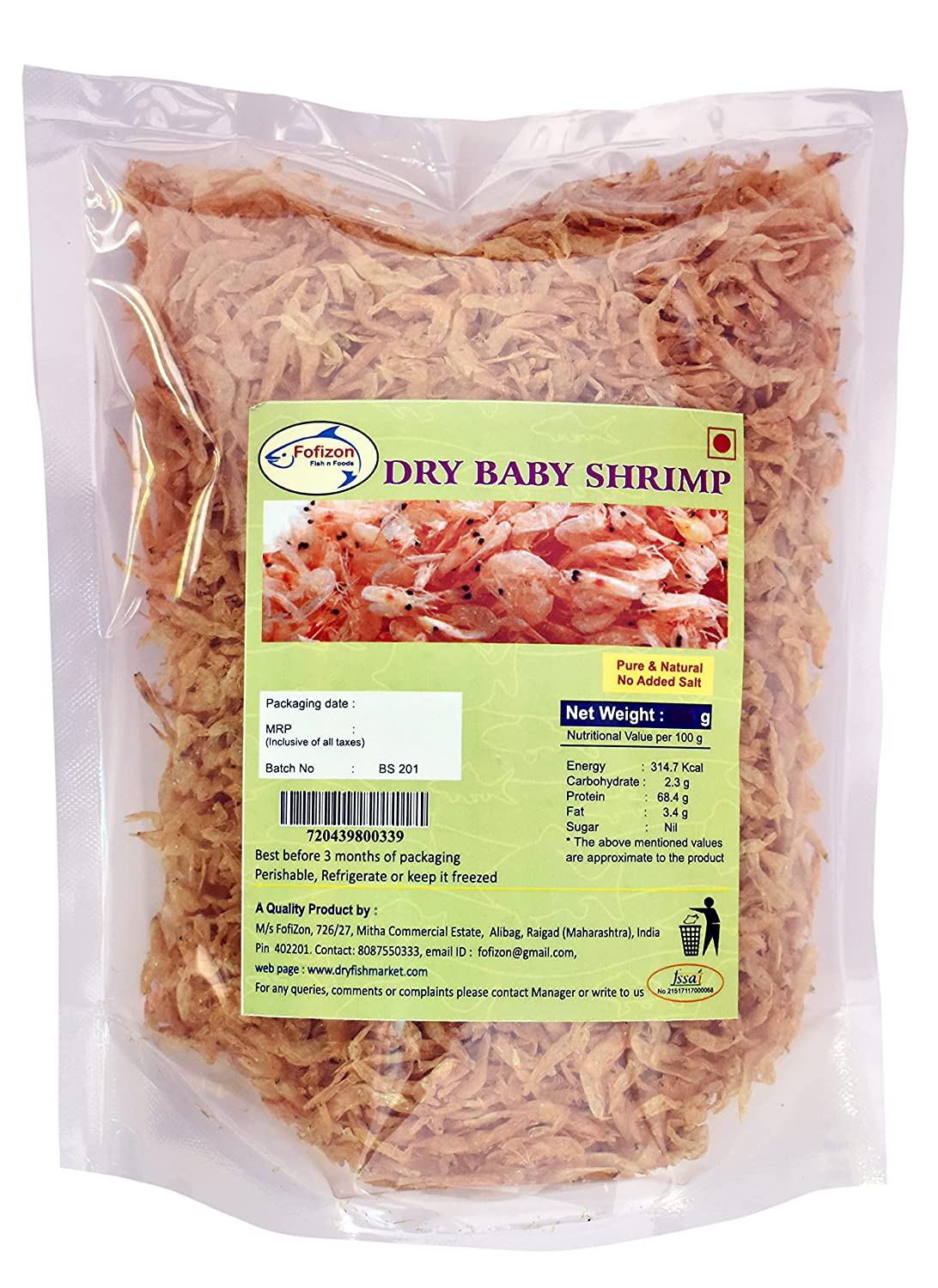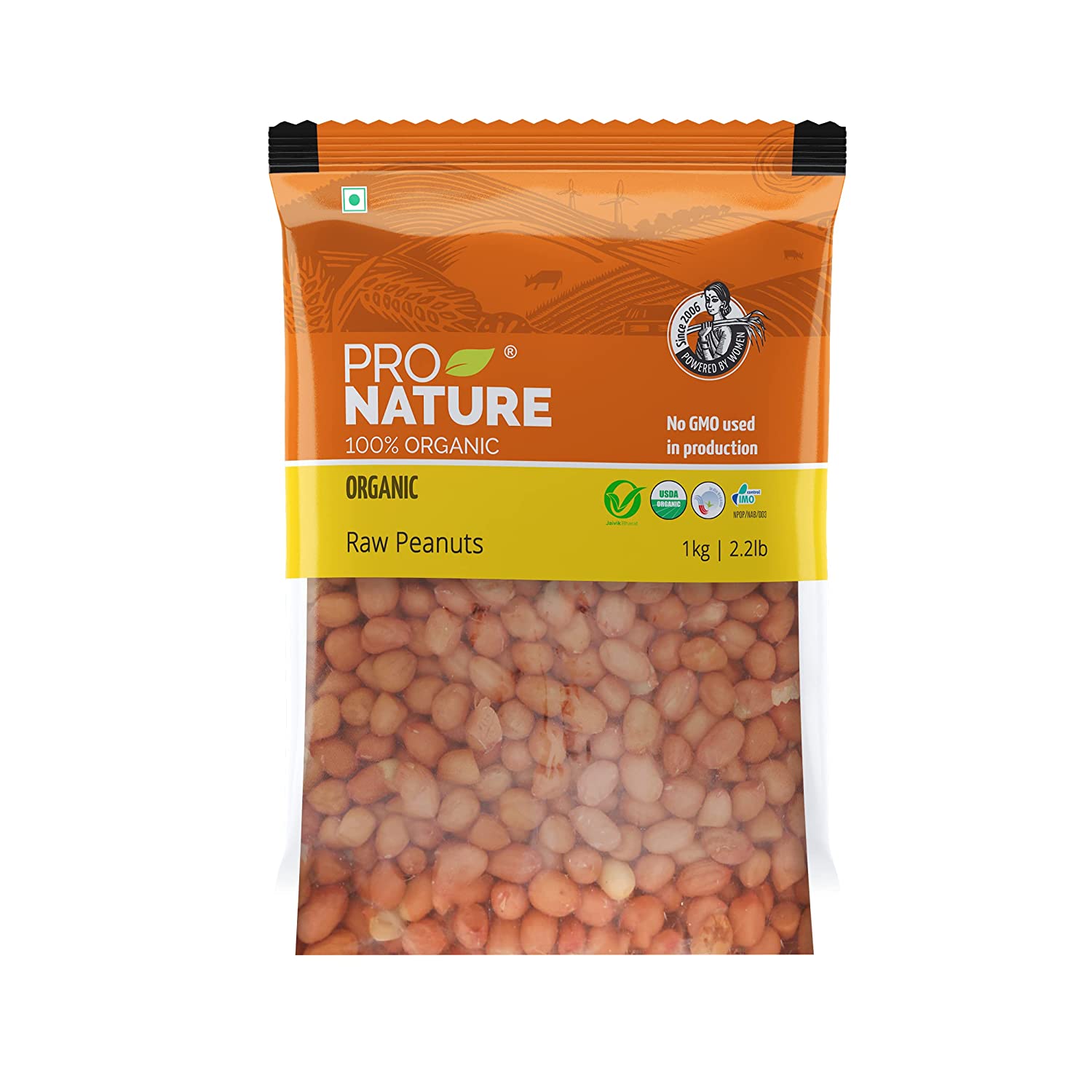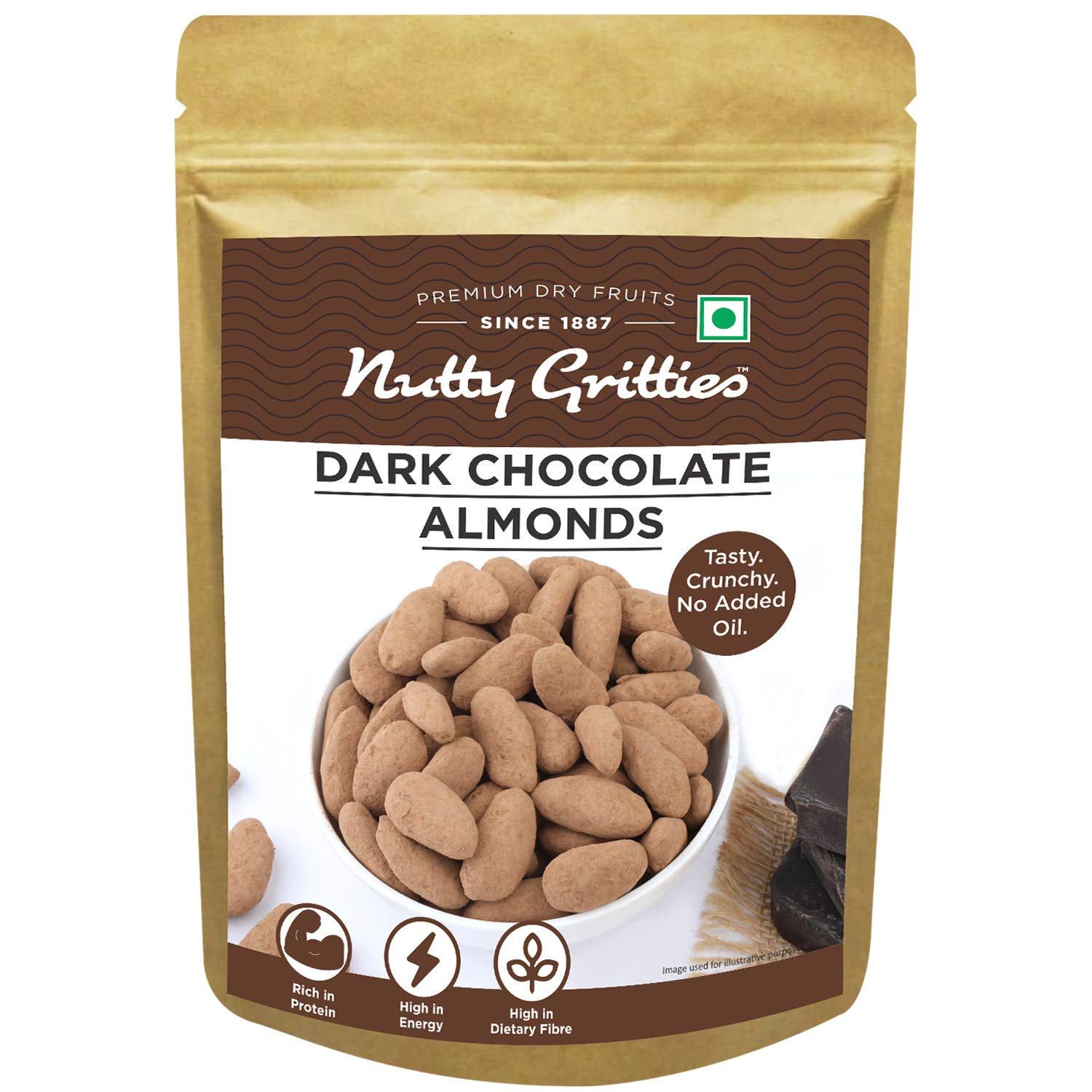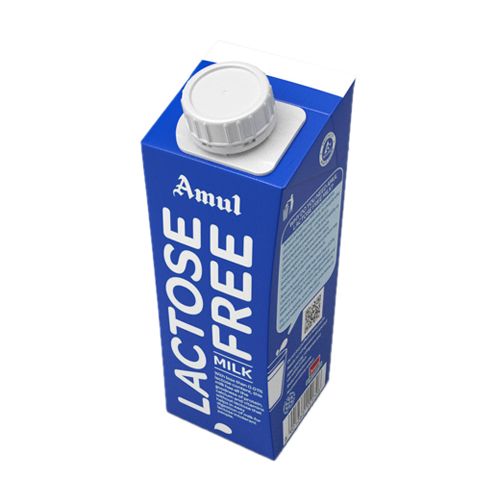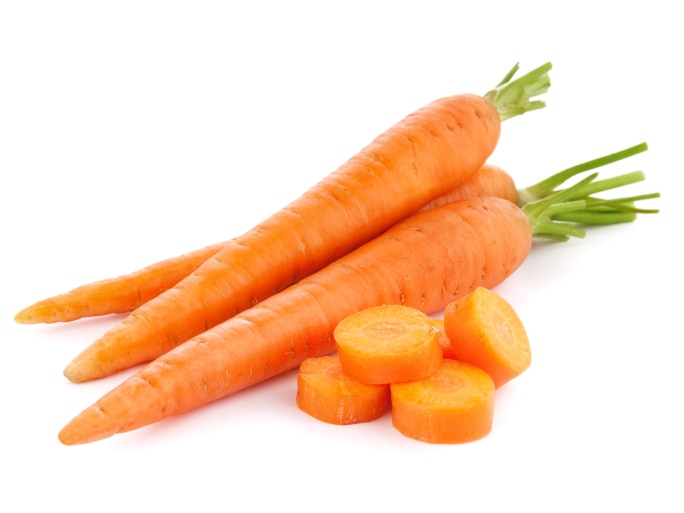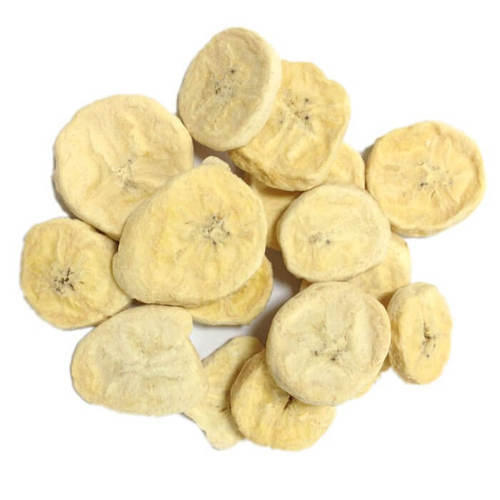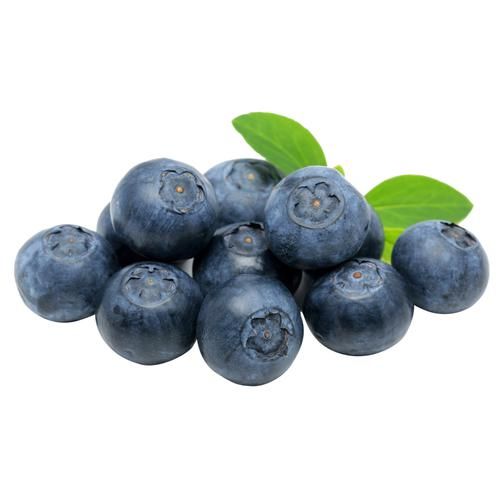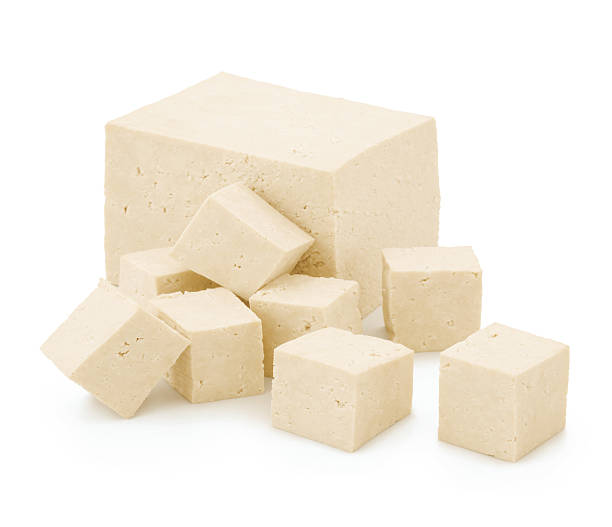Published Date January 24, 2003
Dealing with FODMAP and IBS
By Arpita Sudev
3 min read
Last update date: January 24, 2003
All about vegetables, fruits, IBS and FODMAP

Living with irritable bowel syndrome (IBS) can be challenging, painful, and embarrassing, and it can affect your quality of life. While there is no cure for the disorder, treatments are available but managing its symptoms and flare-ups is tricky. So, coping mechanisms are a constant need. Because no one knows what causes IBS or leaky gut, it is impossible to prevent it.
Once you are diagnosed, the goal is to focus on and manage the condition. You can do this by identifying specific triggers of your IBS symptoms and then adopting strategies to make them less severe and frequent.
So basically IBS is a gastrointestinal disorder in which your gut becomes more sensitive, and the muscles of your digestive system have abnormal contractions.
People with IBS usually sustain abdominal pain with frequent changes in bowel habits (diarrhoea, constipation, or alternating between both). Other common symptoms include bloating and gas and the urge to move the bowels but being unable to do so (incomplete bowel movements).
IBS and Sensitive gut
IBS condition also called a disorder of gut-brain interaction, has to do with problems in how your gut and brain work together. These problems cause the gut to be very sensitive. They also change how your bowel muscles contract.
Causes: The precise cause of IBS isn’t known. Factors that appear to play a role include:
- Nervous system abnormalities
- Severe infection: IBS can develop after a severe bout of diarrhoea (gastroenteritis) caused by bacteria or a virus. IBS might also be associated with a surplus of bacteria in the intestines (bacterial overgrowth).
- Early life stress: People exposed to stressful events, especially in childhood, tend to have more symptoms of IBS.
- Changes in gut microbes: Examples include changes in bacteria, fungi and viruses, which normally reside in the intestines and play a key role in health. Research indicates that the microbes in people with IBS may differ from those in healthy people.
Symptoms of IBS
Symptoms of IBS include:
- Abdominal pain or cramps, usually in the lower half of the abdomen.
- Bloating
- Bowel movements that are harder or looser than usual.
- Diarrhoea, constipation, or alternating between the two.
- Excess gas.
- Mucus in your poop (may look whitish).
Women with IBS may find that symptoms flare up during their periods. These symptoms often happen again and again, which can make you feel stressed or upset. As you learn management techniques and gain control over flare-ups, you’ll start to feel better, physically and mentally.
There’s no single diet or medicine that works for everyone with IBS. But there are lots of things that can help if you have been diagnosed with it.
Now, when dealing with IBS and FODMAP, Researchers discovered that the small intestine does not absorb FODMAPs very well. They increase the amount of fluid in the bowel creating more gas because the bacteria in the colon are easily fermented by colonic bacteria.
Studies have shown that a low FODMAP diet improves IBS symptoms. One study even found that 76% of IBS patients following the diet reported improvement in their symptoms. Here are some do’s and don’t’s to manage your gut health and treat the condition.
Do's
- Cook homemade meals using fresh ingredients when you can.
- Keep a diary of what you eat and any symptoms you get — try to avoid things that trigger your IBS.
- Try to find ways to relax.
- Get plenty of exercise and bodily movements.
- Avoid fatty, spicy or processed foods
- Try probiotics and lactose-free for a month to see if they help.
Don'ts
- Do not delay or skip meals
- Do not eat too quickly
- Do not eat more than 3 portions of fresh fruit a day (a portion is 80g)
- Do not drink more than 3 cups of tea or coffee a day
- Do not drink lots of alcohol or fizzy drinks
Some Go-to Foods
Dairy: Lactose-free milk, rice milk, almond milk, coconut milk, lactose-free yogurt; hard cheeses such as feta and brie
Fruits: Bananas, blueberries, cantaloupe, grapefruit, honeydew, kiwi, lemon, lime, oranges and strawberries
Vegetables: Bamboo shoots, bean sprouts, bok choy, carrots, chives, cucumbers, eggplant, ginger, lettuce, olives, parsnips, potatoes, spring onions, and turnips
Protein: Beef, pork, chicken, fish, eggs, and tofu
Nuts/seeds (limit to 10–15 each): Almonds, macadamia, peanuts, pine nuts, and walnuts
Grains: Oat, oat bran, rice bran, gluten-free pasta, such as rice, corn, quinoa, white rice, and cornflour
The idea behind the low FODMAPs diet is to only limit the problematic foods in a category — not all of them. (After all, they do have health benefits.) You may tolerate some foods better than others.
Takeaway…
The low FODMAP diet has shown the potential in helping people with IBS. Trying and eliminating foods that trigger your condition to worsen should be avoided. Take proper guidance from a registered dietitian to improve and maintain your lifestyle healthily.
Related Items
Choose Healthy With Us.
Know the real truth about your food. Stay informed and healthy, for free.

Download the App Now
Certified nutritionists trust our food recommendations. Safe to say, so can you :)





